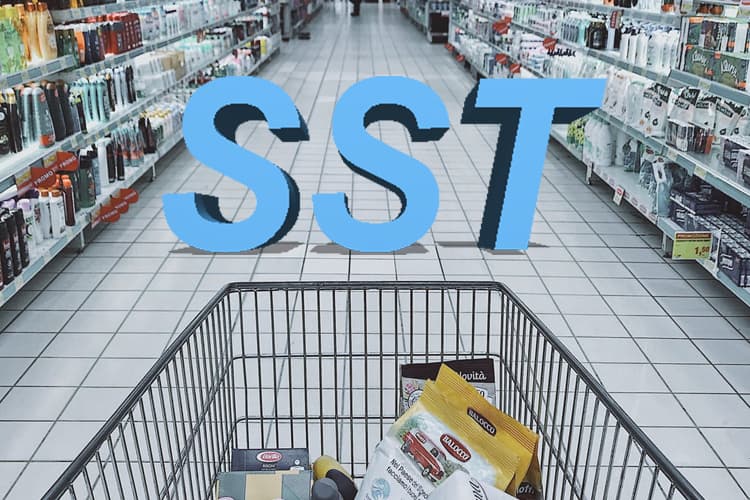
KUALA LUMPUR (Aug 7): The Sales Tax Bill 2018 was passed in the Dewan Rakyat today with a resounding majority by voice vote, despite arguments put up by Barisan Nasional backbenchers.
The Bill, read for the third time by Finance Minister Lim Guan Eng before it was passed, forms part of the Sales and Services Tax (SST) regime that will be implemented from Sept 1 this year.
The other Bill is the Service Tax Bill 2018 that will be debated by Members of Parliament tomorrow, together with the the Goods and Services Tax (Repeal) Bill 2018, which when passed will mark the end of the GST chapter in Malaysia.
According to the Sales Tax Bill, a 10% sales tax would be charged and levied on any taxable goods manufactured in Malaysia and sold, used or disposed of by a registered manufacturer. It also applies on taxable goods imported into Malaysia by any person.
As for the Services Tax Bill, a 6% service tax will be charged and levied on any taxable services provided in Malaysia by a registered person in the course of carrying out a business.
Two other Bills to amend the Free Zones Act 1990 and Customs Act 1967, which are consequential to the implementation of the SST Bills and the repeal of the GST Act 2014 are expected to be passed by next week.
Dubbed the "mother of Pakatan Harapan’s general election promises" by Beluran Member of Parliament Datuk Seri Dr Ronald Kiandee, the single-tier SST tax regime replaces the Goods and Services Tax that was implemented on April 1, 2015.
Lim said the former consumption tax was a burden, not pro-people as stated by BN, and was weak as it failed to fulfill the two-week timeframe to refund the input tax.
“SST would exempt 5,443 items compared with 545 items under GST. How can BN say SST is a burden to the people?” he said while indicating that the SST would be imposed on 38% of the consumer price index (CPI) basket of goods versus 60% under GST.
While highlighting the weaknesses of GST, Lim said the Government will also reveal "unpaid claims" and "fictitious transactions" relating to the input tax that has not been refunded despite a two-year lapse.
Among the 18 lawmakers who debated the Bill, BN policymakers who acknowledged the GST’s weaknesses stood by its maintenance but called for the setting up of a select committee to study halving the 6% Goods and Services Tax (GST), increasing the CPI basket of goods, and strengthening its structure.
However, the motion to move the matter for discussion under a select committee was rejected by a vote call in the house.
Earlier, BN lawmakers voiced concern over the embedded cost in the SST, saying it could raise the cost of goods because there was no proper structure.
“For instance, a manufacturer’s cost of a product is RM100 and the sales tax is 10%, which comes up to RM110. However, there are wholesalers, retailers and consumers in a supply chain. At every stage, the profit is about 20%.
“We see that the price under the SST regime would be higher compared to GST because under GST, one can claim back their input tax. Our calculation shows that the consumer would pay about RM158 under SST compared to RM152 under GST because of the refund,” said former International Trade and Industries Minister Datuk Seri Mustapa Mohamad.
But the Jeli Member of Parliament agreed that the GST regime has its weaknesses and profiteering issues. “So, why not we set up a select committee to look into these weaknesses (such as delay in the refund of the input tax) to discuss GST because it is a stable system. About 170 countries have GST and no one has backtracked,” Mustapa added.